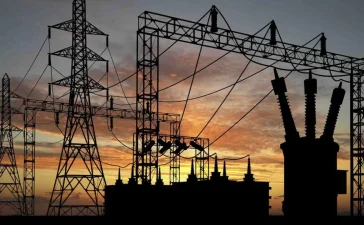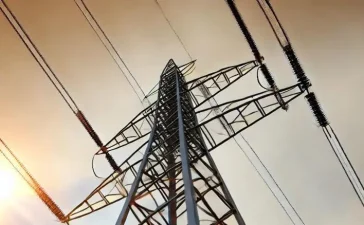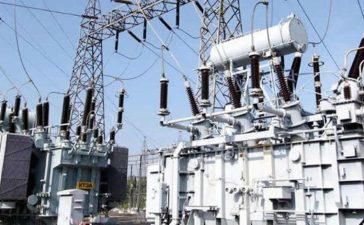New Crude Grade to Launch in April
A new Nigerian crude grade, medium sweet Obodo, is set to make its debut in the market this April, according to reports from Argus Media. Sources familiar with the development revealed that Nigeria is working to expand its crude oil portfolio, adding another quality to its offering.
Obodo’s Quality and Market Pricing
Obodo has a gravity of 27.65°API and a low sulphur content of just 0.05%. Experts suggest that this grade will likely be priced in line with Nigerian medium-sweet Bonga. However, details regarding Obodo’s production levels remain unavailable at this time.
Production and Marketing of Obodo
Nigerian independent Continental Oil & Gas will produce the new crude from onshore oil block OML 150 in the Niger Delta. State-owned NNPC will be responsible for marketing the crude. The Nigerian Upstream Petroleum Regulatory Commission (NUPRC) shows that Continental Oil has a stake in OML 150 under a production-sharing contract with the government.
Adding to Nigeria’s Medium Sweet Crude Portfolio
Obodo will join other Nigerian medium-sweet crudes, including Forcados, Escravos, and Bonga, which are popular in European markets. The European market could show interest in Obodo, especially as seasonal maintenance in European refineries is expected to end in late April and early May.
Market Challenges and Opportunities
Despite strong competition from cheaper alternatives like US WTI and Caspian CPC Blend, Nigerian crudes have faced tepid demand in the April trade cycle. As the trade cycle shifts to May, market participants are hopeful that the new Obodo crude could attract interest, especially from European refineries.
Nigeria’s Crude Production Outlook
Nigeria has faced challenges in boosting its oil production, falling short of previous growth targets. In February, the country’s crude production fell by 4.5% to 1.47 million barrels per day (b/d), just below its OPEC+ quota of 1.5 million b/d. NUPRC aims to add 1.07 million b/d to Nigeria’s output by December 2026, focusing on joint ventures and new contracts to inject capital into the country’s oil blocks.







